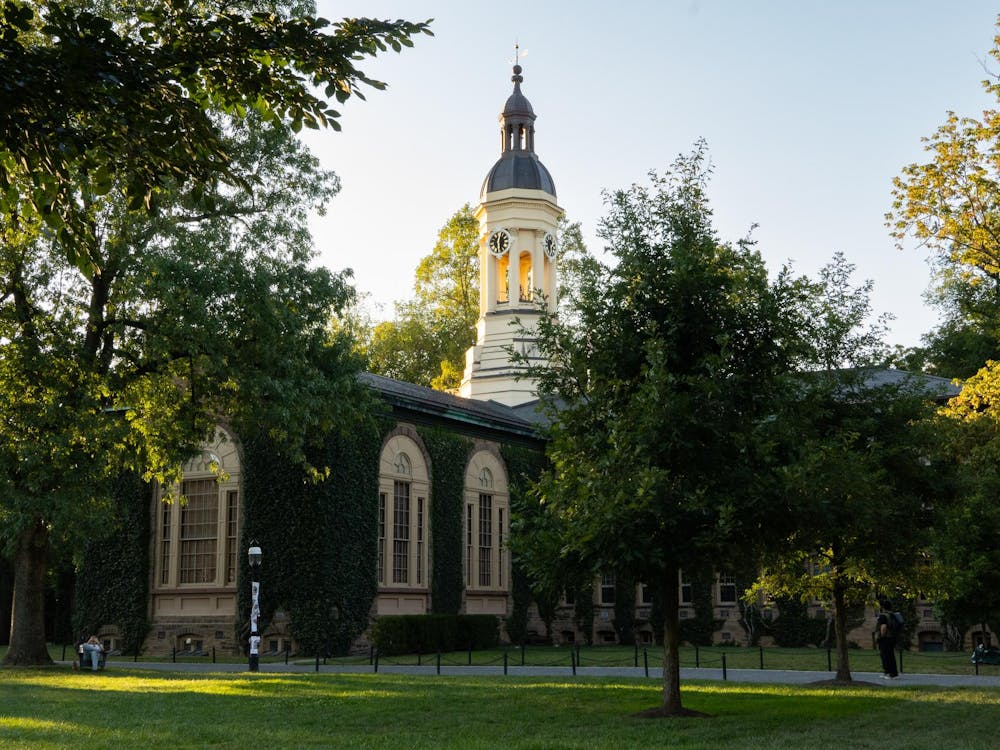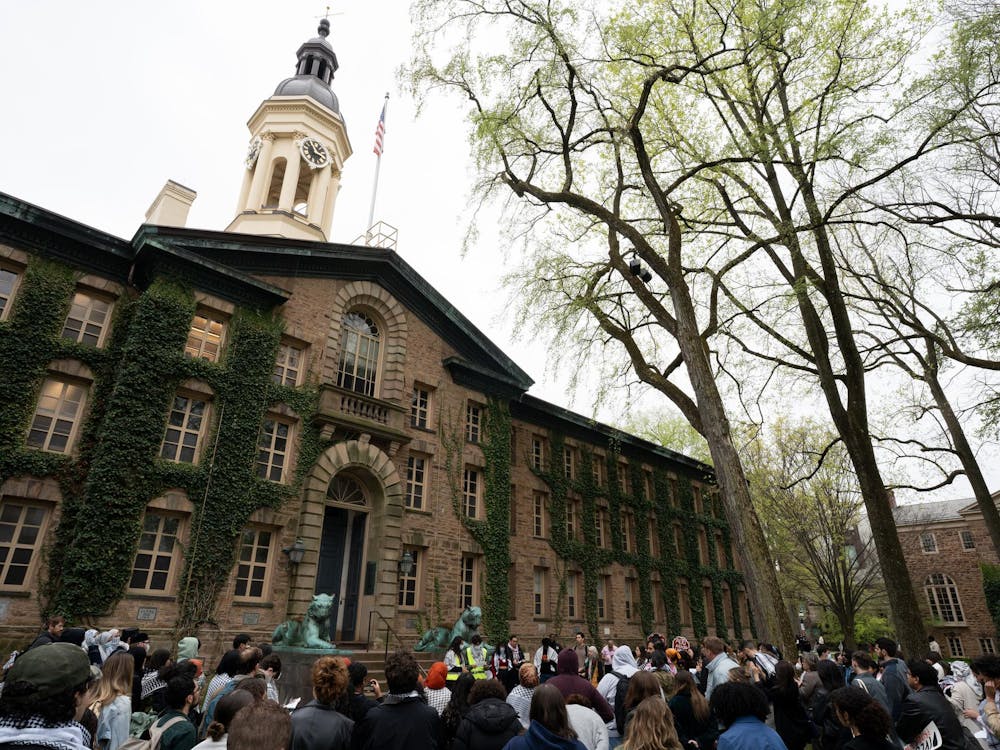A recent court filing claimed that the Sackler family, which has donated extensively to the University, purposely misled the public about the current crisis of opioid abuse, addiction, and overdose. Massachusetts Attorney General Maura Healey alleged that the Sackler family aimed to profit as much as it could from opioids.
The court filing even alleged that Richard Sackler, who once served as the president of the developer of OxyContin, Purdue Pharma, pushed blame on those who became addicted to the painkillers.
According to an article published in The New Yorker, the Sackler family has a history of being “ruthless” in their marketing of painkillers.
The Sacklers funded research in support of the drugs and paid doctors to “make the case that concerns about opioid addiction were overblown and that OxyContin could safely treat an ever-wider range of maladies.”
With their support, use of opioid painkillers has risen. In 2017, nearly 58 prescriptions for the drugs were written for every 100 Americans, according to the CDC.
Purdue Pharma is tightly intertwined with the Sackler family. Many of the company’s buildings bear the Sackler name, and eight family members serve on the company’s board of directors.
Purdue Pharma took the heavy-handed marketing of the Sacklers and applied it to OxyContin. By recommending the opioid to combat both long and short-term pain, relying on misconceptions about the strength of the drug, and misleading physicians to believe that its delayed absorption reduced the risk of addiction, Purdue Pharma helped prescription rates soar.
As their wealth accumulated, the Sacklers began making donations to museums and universities. Members of the family sponsored the Arthur M. Sackler Gallery at the University Art Museum and funded the Raymond and Beverly Sackler Lecture in Astrophysics.
The University, however, has not taken a stance on the Sackler family’s actions in the pharmaceutical industry and does not plan to rename the museum gallery or the lecture series.
“The naming policy does not pass judgment on the lives of the donors; it simply expresses our gratitude for the donation,” University spokesperson Ben Chang wrote in a statement to The Daily Princetonian.
“Requests to name a program, position, or space must comply with the University’s policy on naming and be approved by the Board of Trustees,” he continued.
According to the policy on naming, the naming “should be presumed to be in the University’s overall best interests unless the name in question belongs to a person who has a record of malfeasance of a character that would make it inappropriate for the University to benefit from or establish a long-term association with the person.”

Chang also noted that any donation to the University must undergo review before being approved.
“Every offer of a donation that will be designated for a specific purpose is reviewed to be sure it will support an approved University fundraising initiative,” he wrote.
Chloe Fox-Gitomer ’22, who has experience working at a needle-exchange program, finds the Sacklers’ actions troubling.
“[At the needle-exchange program], I learned that people prescribed these prescription pain medications are around 20 times more likely to be initiated into heroin use as those who did not,” she explained.
According to Fox-Gitomer, it is important that students are aware of what the names of buildings and lecture series represent.
“It is important for institutions like Princeton to recognize that by choosing to use people’s names in their buildings, programs, and lectures, that person – and their legacy – becomes forever intertwined [with the institution],” she continued.









